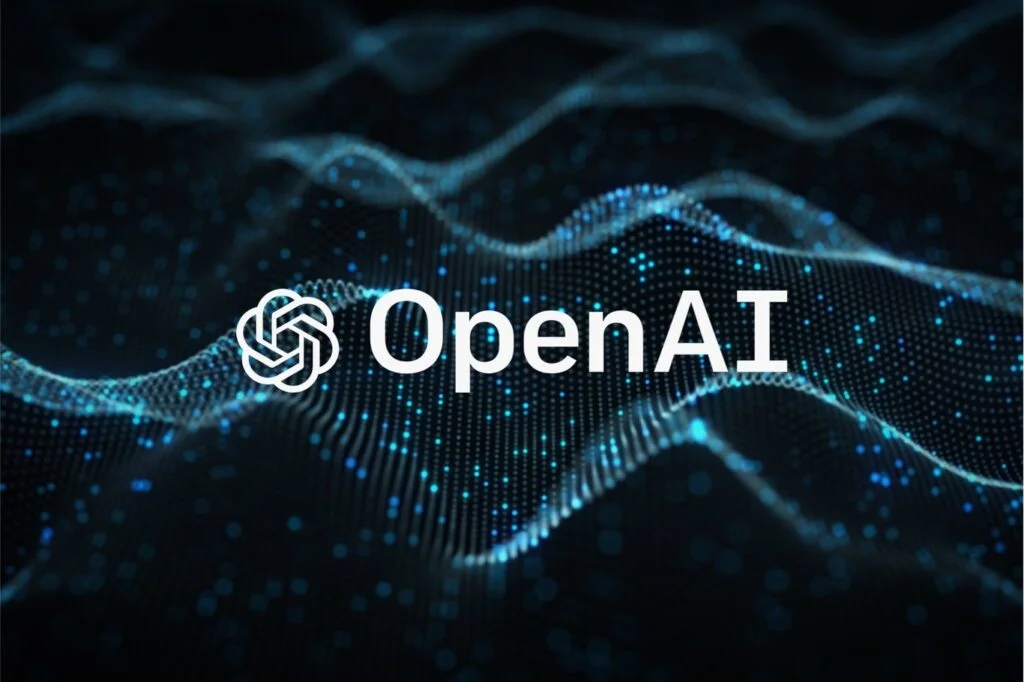Under the leadership of CEO Sam Altman, OpenAI, a leader in AI infrastructure expansion and task automation, is reshaping the future of AI-powered innovation.

Microsoft-backed OpenAI is preparing its most recent foray into agent software to bring about a paradigm shift in task automation.
Emerging as a new era of productivity and efficiency, this state-of-the-art technology endeavors to optimize complex undertakings through seamless device control.
Meanwhile, while the global community eagerly awaits the implementation of these groundbreaking assistants, Sam Altman, the CEO of OpenAI, reveals ambitious strategies to enhance the worldwide AI infrastructure.
This highlights the organization’s dedication to fostering economic resilience and competitiveness.
OpenAI’s Novel Methodology For Automating Complex Tasks
OpenAI, as reported by The Information in a recent article, is developing agent software that will simplify complex duties by assuming control of users’ devices.
With support from Microsoft, this groundbreaking software endeavors to optimize operations and output through the autonomous completion of web-based duties, including but not limited to data acquisition, itinerary development, and flight reservation.
Significantly, referred to as “agents,” these advanced associates are designed to function with minimal human involvement, thereby ushering in a novel era of automation across both personal and professional domains.
Meanwhile, the introduction of OpenAI’s agent software signifies a substantial progression in the field of artificial intelligence (AI), offering consumers unprecedented access to sophisticated functionalities.
OpenAI aims to democratize access to state-of-the-art technology by leveraging the capabilities of generative AI.
This would empower both individuals and organizations to effortlessly complete intricate tasks.
Additionally, the increasing need for streamlined automation presents OpenAI with groundbreaking solutions that have the potential to revolutionize digital productivity.
This will pave the way for a future in which collaboration between humans and machines will be crucial.
Significantly, OpenAI has implemented metadata integration into images produced by DALL.E 3 and ChatGPT in other recent developments.
This integration improves traceability and origin verification, ensuring compliance with C2PA standards.
The purpose of this addition is to enable straightforward identification for content distributors, social media platforms, and individuals.
Sam Altman’s Prospects for the Expansion of AI Infrastructure
Under the leadership of CEO Sam Altman, OpenAI is commencing an innovative endeavor to extend artificial intelligence infrastructure on a global scale, with the ultimate goal of transforming economic competitiveness.
In a recent X post, Sam Altman emphasizes the necessity for augmented investment in AI infrastructure—encompassing fabrication capacity, energy resources, and data centers—to satisfy the escalating need for cutting-edge AI technologies.
To put it another way, the CEO of OpenAI underscored the significance of expanding AI infrastructure to accommodate the changing demands of industry and society.
Furthermore, he emphasized the disparity between the present state of AI infrastructure planning and the practical demands of the global community.
He emphasized the criticality of constructing AI infrastructure on a vast scale to guarantee worldwide economic competitiveness.
Meanwhile, Altman’s vision is in line with OpenAI’s overarching objective of promoting innovation in diverse industries and democratizing access to AI technologies.
Through strategic investments in AI infrastructure, such as data centers and fabrication capacity, OpenAI endeavors to expedite the global deployment and advancement of pioneering AI solutions.
It is important to note, however, that Altman has recently alluded to the possibility of an upgrade for GPT-4 in response to recent complaints regarding its efficacy and responsiveness.
Pending a “slow start” in accomplishing its duties, he emphasized enhanced functionality in his post, proposing improvements to the Large Language Model.
Significantly, Overcoming the limits of what is feasible and motivated by an unwavering quest for excellence, OpenAI maintains a leading position in innovation amidst a technological environment that is undergoing rapid change.
OpenAI continues to forge ahead toward a future in which AI-powered automation enables individuals and revolutionizes sectors through its forward-thinking guidance and innovative research.
